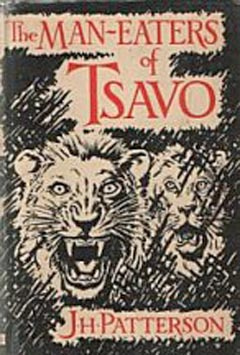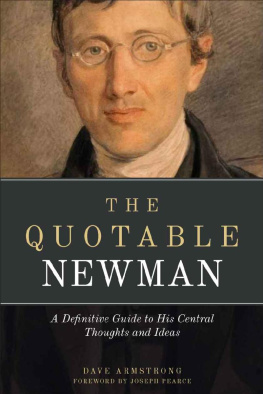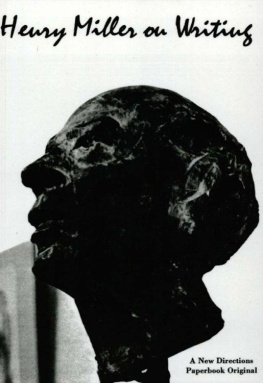This edition is published by ESCHENBURG PRESS www.pp-publishing.com
To join our mailing list for new titles or for issues with our books eschenburgpress@gmail.com
Or on Facebook
Text originally published in 1916 under the same title.
Eschenburg Press 2017, all rights reserved. No part of this publication may be reproduced, stored in a retrieval system or transmitted by any means, electrical, mechanical or otherwise without the written permission of the copyright holder.
Publishers Note
Although in most cases we have retained the Authors original spelling and grammar to authentically reproduce the work of the Author and the original intent of such material, some additional notes and clarifications have been added for the modern readers benefit.
We have also made every effort to include all maps and illustrations of the original edition the limitations of formatting do not allow of including larger maps, we will upload as many of these maps as possible.
TALES OF THE GREAT WAR
by
SIR HENRY JOHN NEWBOLT
AUTHOR OF ADMIRALS ALL, THE ISLAND RACE, THE YEAR OF TRAFALGAR, ETC.
WITH SEVEN COLOURED PLATES
AND THIRTY-TWO ILLUSTRATIONS IN BLACK AND WHITE
BY NORMAN WILKINSON AND CHRISTOPHER CLARK
A LETTER TO A BOY
MY DEAR G.,I have written this book and you are going to read itwe are partners and must play up to each other. Let me tell you my idea of how it should be done. My part is to give you the truth, the actual facts, well evidenced and clearly arranged. Your part is to read them in such a way as to understand themthat is, to understand not only what happened, but how heroic and how admirable are the qualities which lie behind. You will see, as you read, why I ask you to play up and do your part. It is because I cannot do it for you. I have told you here of good work and courage and endurance, such as deserve all the loudest adjectives that I could have shouted at you; but I have not shouted, and I have used as few adjectives as possible. It is you, not I, that must make the stories come alive. You will not, I hope, imagine that I have written coldly; no!but the hotter I got myself the more keenly I wished you to be kindled by your own feelings, and not by my words. If you find yourself glorying in these records as I do, come and tell me so when the War is over, and we will get a little music and make a noise together.
Feeling, then, is your part; truth is mine. I believe you may take this book to be as accurate as anything yet written. I say that boldly, because the truth of the stories depends not on my word but on the word of those who have helped me. First, I have tried, as in the Book of the Blue Sea, and the Book of the Thin Red Line, to tell the stories as far as possible in the words of the actors themselves. But further, I have been able this time, as the events are recent, to lay my sketches before those who appear in them. Two great Admirals, one great General, and several junior officers, have read my manuscript and made corrections and additions of the utmost importance? I need hardly tell you that, with such evidence at my disposal, I have not invented one word of the book. Even when I have ventured to comment or praise, I have followed the opinions expressed by eyewitnesses.
One more point. You may wish that I had given you more stories of the kind sometimes labelled Deeds of Daring. But those you can read in the Gazette or The Times; and it is of no use for me to tell them over again, because nothing can be added to such deeds, and no good account of them can be got from those who did them. When one of the finest fighters in this War was asked how he felt while winning his V.C. he is said to have replied, I didnt feel at all and theres nothing to tellit was all over in a flash. Another said
I felt in a damned funk, but it was soon over {1} . The fact is that these moments of impulse are wonderful but almost insensiblethey cannot be expanded or described. We do well to admire all examples of good fighting, but perhaps it is a mistake to separate them into different classes and make more of one kind than another. They all reveal character; and the really important thing is what a man is, not what he does. He is not a hero because he does a fine thing; he does the fine thing because he is a hero, because he has trained himself to go on when all hell tells him to go back. And the fine thing is often not the showy thing, but just the steadiness that comes of long self-discipline. Ask any general what it is that helps an army most at the pinch. Ask any captain what it is that saves the ship when the enemys salvoes find the target first.
Now if it be true, as I believe, that hardly anything in life is so strengthening as admiration, it is important for us to admire all that is admirable. There is not one deed on the V.C. roll that is not worthy of our admiration; but let us admire no less those who in the hour of greatest need just carried on, or held the line, when they could do no more. For, after all, the object of war is not glory but victory, and victory is won not so much by sudden acts of bravery as by carrying on or by holding out. If you agree with me about this, you will admire what I admire. You will envy and long to imitate not only triumphant champions like Mike OLeary, but those who, as my stories will show you, could take punishment without breaking, and hold on after they were beaten, keeping command of themselves and others till defeat turned to victory. They are the men who have saved us in this War. And you cannot be cold about them, if once you understand. Is it great moments that you want? Think then of the moment when the Australian boys began to feel the Emdens shot: when Sturdee sighted the Gneisenau: when Beatty saw the Queen Mary sunk with all her men: the lonely moment of the night when Smith-Dorrien decided to stand and fight, against all odds and orders: the not less lonely moment when my Subaltern saw his last fellow officer go down under the shrapnel. Above all, if you love the purest heroism, remember the men of the Monmouth, cheering the ship that was to escape while they went under; and the four wrecked men of the Invincible, forgetting that they were left to their fate, in their joy at seeing their Admiral sweep past them into action. If you feel about these men as I hope you will, you will agree with me that the only way to tell of them is the plain way, without embroidery. The way to read of themwell, as I have said, that is your business.
Yours ever,
HENRY NEWBOLT.
August 1916.
COLOURED PLATES
The Subaltern wished him bon voyage and shook hands (see page 73)
A French Zouave came running into the field, jabbering away, and gesticulating with his arms
The Glasgow then had to tackle the Nrnberg and Dresden alone
At 12.55 the Inflexible fired from her fore turret
Brought back some prisoners
Right ahead, he said. Youll find a lot more of your battalion further down the road
Castor... sank an enemy T.B. Destroyer at point blank range














